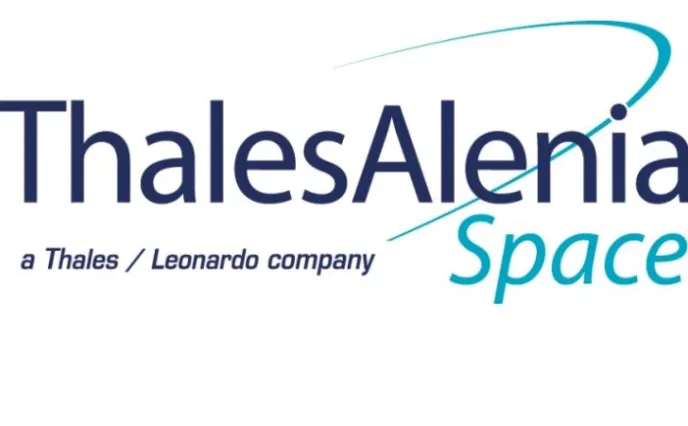Argos Neo is a miniaturized data collection instrument, developed by Thales Alenia Space as prime in conjunction with Syrlinks,, a manufacturer of radio-communications and geo-location equipment, as lead subcontractor. The aim of Argos Neo is to demonstrate the operational capability of a complex miniaturized instrument offering high performance on a nanosat platform. Argos instruments set the global standard in helping us understand climate change, improve weather and oceanic forecasts, protect flora and fauna, monitor our water resources, manage and protect marine ecosystems and track navigators during long-distance boat races.
According to Philippe Blatt VP Navigation at Thales Alenia Space, “This solution, supported by a consortium that is fully engaged in advanced technologies and the associated products, is intended as a bridge between the past and future of the Argos system, as well as reflecting French excellence in data collection via satellite. Thales Alenia Space is very proud to be a key player in this impressive program.”
The emergence of new satellite system requirements and the maturity of operational solutions based on nano-satellites is likely to change the satellite data collection landscape in the coming years. Thanks to the French space agency’s ambitions and support, the Argos system and its third and fourth generation of instruments have always been at the cutting edge of technology. They are now the civilian system with the world’s most powerful onboard software, capable of processing even very weak signals and providing unrivaled positioning accuracy, while also being the only system compatible with very small and energy-efficient beacons. Over the years these capabilities have made Argos the pioneer in spaceborne data collection systems, and more generally a pioneer in machine-to-machine systems that do not require any human intervention.
Building on its role as the supplier of processors for Argos 3 and Argos 4 instruments, and this latest contract to develop Argos Neo, Thales Alenia Space is further cementing its role as a major European industry player in satellite data collection systems. Thales Alenia Space was also chosen by the European Space Agency (ESA) to carry out a design study for the space segment of the planned Maritime VDES (VHF Data Exchange System), after having already contributed to a number of studies and demonstrators for AIS (Automatic Identification Systems) via satellite. In addition, Thales Alenia Space is participating in various telecommunications projects, especially for 5G with IOT (Internet Of Things) capacity, including this first Argos-Neo demonstrator, which is both a precursor and the future.
About Thales Alenia Space
Thales Alenia Space brings over 40 years of experience to the design, integration, testing and operation of innovative space systems for telecommunications, navigation, Earth observation, environmental management, exploration, science and orbital infrastructures. A joint venture between Thales (67%) and Leonardo (33%), Thales Alenia Space also teams up with Telespazio to form the parent companies’ “Space Alliance”, which offers a complete range of services and solutions. Thales Alenia Space has built up unrivaled expertise in dual (civil-military) missions, constellations, flexible high-throughput payloads, altimetry, meteorology, and high-resolution radar and optical observation. The company capitalizes on its strong legacy, while also making innovation a key to its strategy. By offering a continuous stream of new products and expanding its global footprint, Thales Alenia Space has established its leadership in today’s fast-evolving space sector. Thales Alenia Space posted consolidated revenues of about 2.4 billion euros in 2016 and has 7,980 employees in nine countries. www.thalesaleniaspace.com
Thales Alenia Space Press Contacts:
Sandrine Bielecki
Phone: +33 (0)4 92 92 70 94
sandrine.bielecki@thalesaleniaspace.com
Chrystelle Dugimont
Phone: +33 (0)4 92 92 74 06
chrystelle.dugimont@thalesaleniaspace.com


